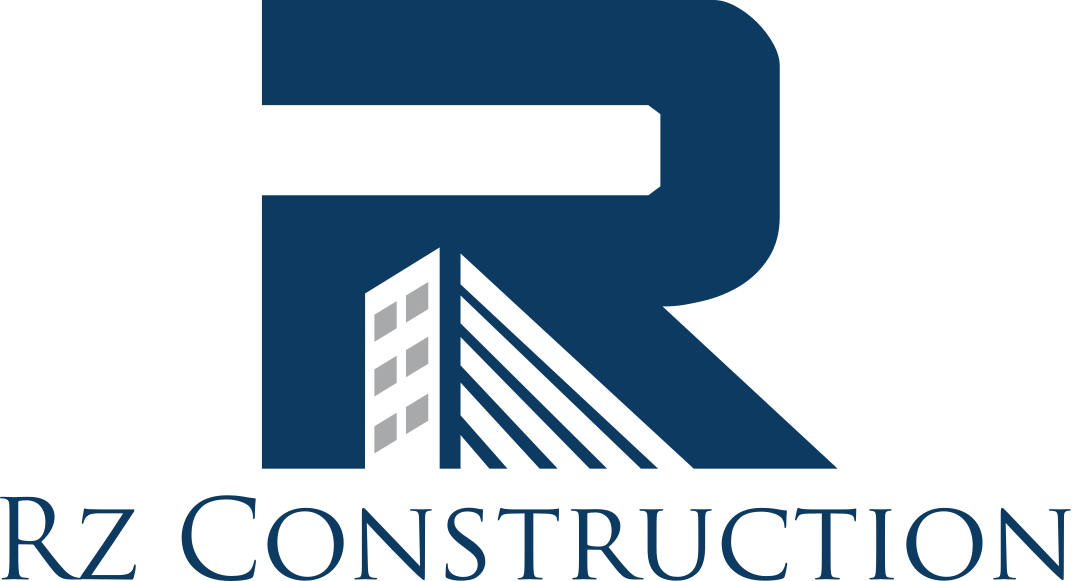In Queens, one of New York City’s most eclectic boroughs, property owners often face the dilemma of choosing between new construction and renovation. Both options present unique benefits and challenges, influenced by cost, time, environmental impact, and personal preference. This article delves into these two approaches, helping property owners in Queens make informed decisions based on their specific needs.
Understanding New Construction in Queens
New construction refers to building a new structure from the ground up. This option is attractive for those who want a completely customized home or commercial space tailored to their specifications.
Benefits of New Construction:
- Customization: New construction provides the freedom to design every aspect of the building, from the layout to the materials used, ensuring that everything meets the owner’s requirements.
- Modern Features: New buildings can incorporate the latest technology and energy-efficient materials, potentially reducing future maintenance costs and increasing the property’s value.
- Fewer Initial Repairs: With everything brand new, owners typically face fewer maintenance issues in the first few years.
Challenges of New Construction:
- Cost: Building a new structure can be significantly more expensive than renovating an existing one. Unexpected issues such as delays or changes in material prices can escalate costs.
- Time: Construction projects can take a long, especially with Queens’ zoning regulations and potential bureaucratic delays.
- Displacement: Depending on the project’s location and scope, temporary relocation may be necessary until construction is completed.
Exploring Renovation in Queens
Renovation involves updating or modifying an existing structure. Many Queens residents prefer this option as it maintains their historical and architectural integrity while modernizing their properties.
Benefits of Renovation:
- Cost Efficiency: Renovations are often less expensive than new constructions, particularly if the structure is fundamentally sound.
- Preservation of Character: Many properties in Queens have historic value and aesthetic appeal that residents wish to preserve, something that can be done through thoughtful renovations.
- Faster Completion: Depending on the scale, renovations can be completed quicker than new constructions, allowing residents to see the benefits sooner.
Challenges of Renovation:
- Unexpected Complications: Older buildings can hide issues like structural damage or outdated wiring, which may only come to light once the project has started.
- Limitations on Changes: Renovations may be restricted by the building’s existing conditions or historical preservation rules, limiting the extent of changes that can be made.
- Displacement: Major renovations might also require residents to relocate temporarily, causing inconvenience.
Making the Right Choice in Queens
The decision between new construction and renovation in Queens depends heavily on several factors:
- Budget: Evaluate how much you are willing to spend. New construction is generally more costly but offers customization. Renovation might be a more budget-friendly option, but it comes with potential hidden costs.
- Timeline: Consider how quickly you need the project completed. Renovations can be faster but might face delays if significant issues are discovered.
- Goals: Think about what you want from the project. If maintaining the existing architectural style is important, renovation is your best bet. If you want to create something entirely new, consider new construction.
- Regulatory Requirements: Queens has specific zoning laws and historical preservation rules that might affect your project. It’s crucial to understand these before making a decision.
Whether to pursue new construction or renovation in Queens, NY, involves careful consideration of costs, time, personal preferences, and regulatory constraints. By understanding the advantages and challenges of each option, property owners can make decisions that align with their long-term objectives, ensuring their investment adds value and satisfaction.
